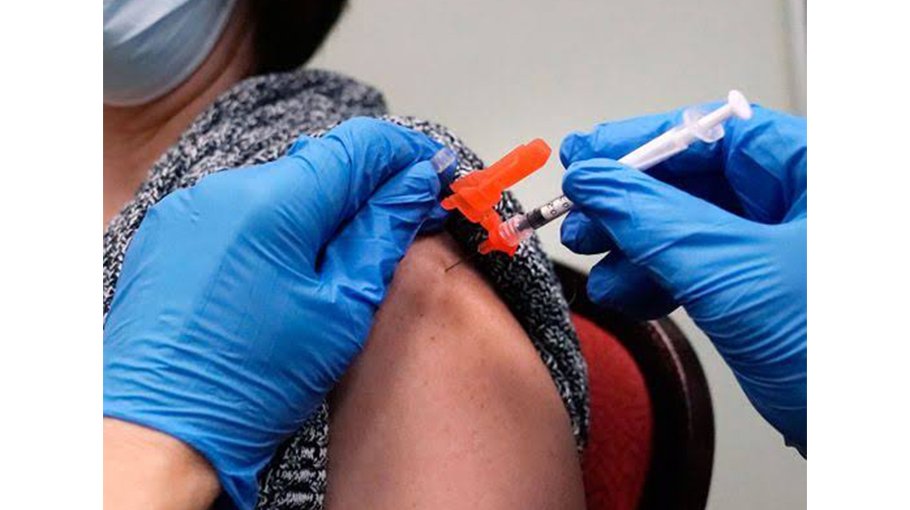Two years of living in a pandemic world
Vaccines have helped us reclaim our lives, but continued vigilance is essential

COVID-19 the pandemic is two years old. A month after the World Health Organisation designated the disease a pandemic on March 11, 2020, I was sickened by the new coronavirus. Over the next 24 months, at least three of my close friends died of COVID-related complications, while many others grappled with the dread and discomfort brought on by a coronavirus attack.
Two years is a long time. Long enough for the virus to infect 452 million people and kill 6 million more worldwide. But millions have escaped the wrath of coronavirus, some due to their enhanced natural immunity.
Immunity didn’t seem to be the strong suit of my three friends who passed away. They were not vaccinated, which made them vulnerable. Two were smokers, making them susceptible to lung infections. To their misfortune, they ignored the early symptoms, which might have made matters worse.
Is immunity written in the genes?
Covid is still among us. It may never go away. So it’s prudent to remain
guarded. While we celebrate our maskless freedom outdoors, let’s not
ditch the protocols that kept us safe during the darkest times of COVID
Finally, when the two were hospitalised, the virus had overwhelmed their lungs. They fought off the virus and became COVID negative. But their lungs never recovered, and that was fatal.
In sharp contrast, the third friend never lit a cigarette in his life. He fell ill, and his condition worsened in a matter of days. He never made it to the hospital, dying en route.
Two years on, the world is a different place. We have a variety of COVID vaccines. They may not stop infection but will most certainly prevent hospitalisation and death. That’s unless the patient has some underlying health problem.
How vaccines changed the COVID landscape
Vaccines have proved to be a gamechanger, allowing us to return to workplaces and, more importantly, returning our children to schools and colleges. Our work didn’t suffer, but children lost two years in education. They may have continued to study through distance learning, but the lessons gained from interaction with peers took a hit. When people are fighting to survive, what do those two years matter? They are young and will soon make up for the lost years.
Amid the death and misery, millions of people remain untouched by COVID. They even dodged the Omicron rampage around the world. How did they manage it in an interconnected world? Baffling, really!
Some of them could have been asymptomatic, while some others would have ignored the infection as a mere cold or sore throat. It wouldn’t have been severe enough to do an RT-PCR test. So they believe they never had COVID.
Yet there are so many who never caught the virus despite the exposure. Medical experts say these people are protected by natural immunity. An immunity that may have been written in the genes. It could explain why some people who have shared beds and homes with the infected never contracted the virus.
From the early days of COVID, scientists have harped on the need to ramp up immunity. They said a robust immune response from the human body can stave off a coronavirus attack. That sent the sales of Vitamin C and Zinc tablets soaring.
Two years hence, the advice holds good, although we have learnt more about the disease. COVID still remains mired in mystery and continues to kill the unvaccinated. With adequate precautions and proper care, the coronavirus can be defeated.
COVID is still among us. It may never go away. Germany, China and other countries continue to suffer. So it’s prudent to remain guarded. While we celebrate our maskless freedom outdoors, let’s not ditch the protocols that kept us safe during the darkest times of COVID.
Only then can we embrace a future without fear.
Shyam A. Krishna is Senior Associate Editor at Gulf News. He writes on health and sport. Source: Gulf News



